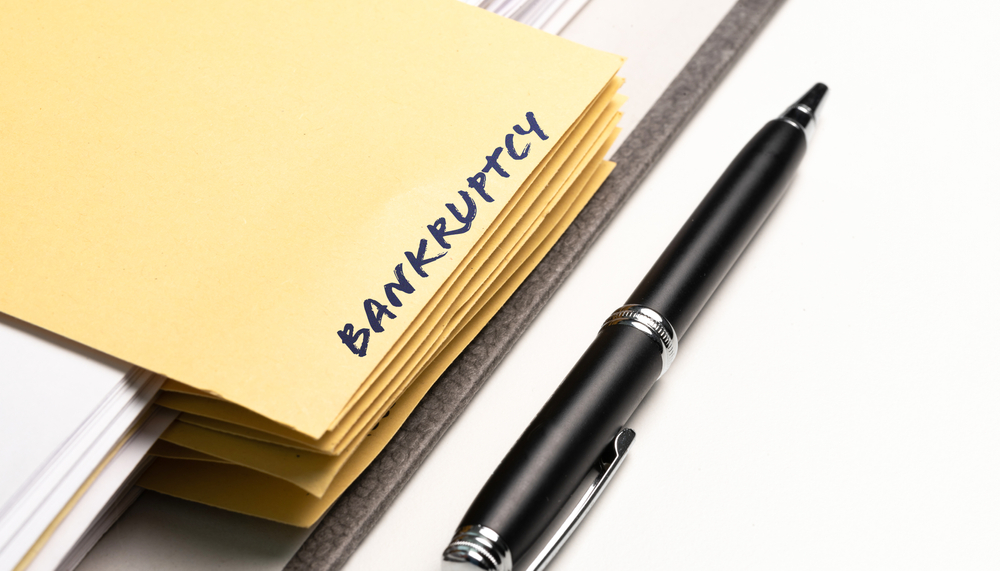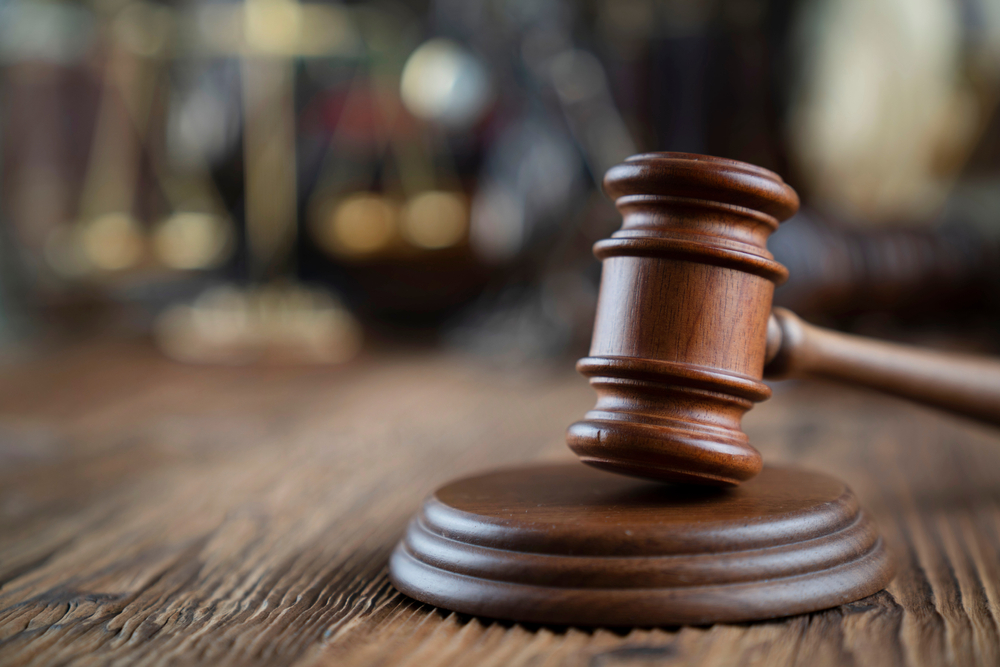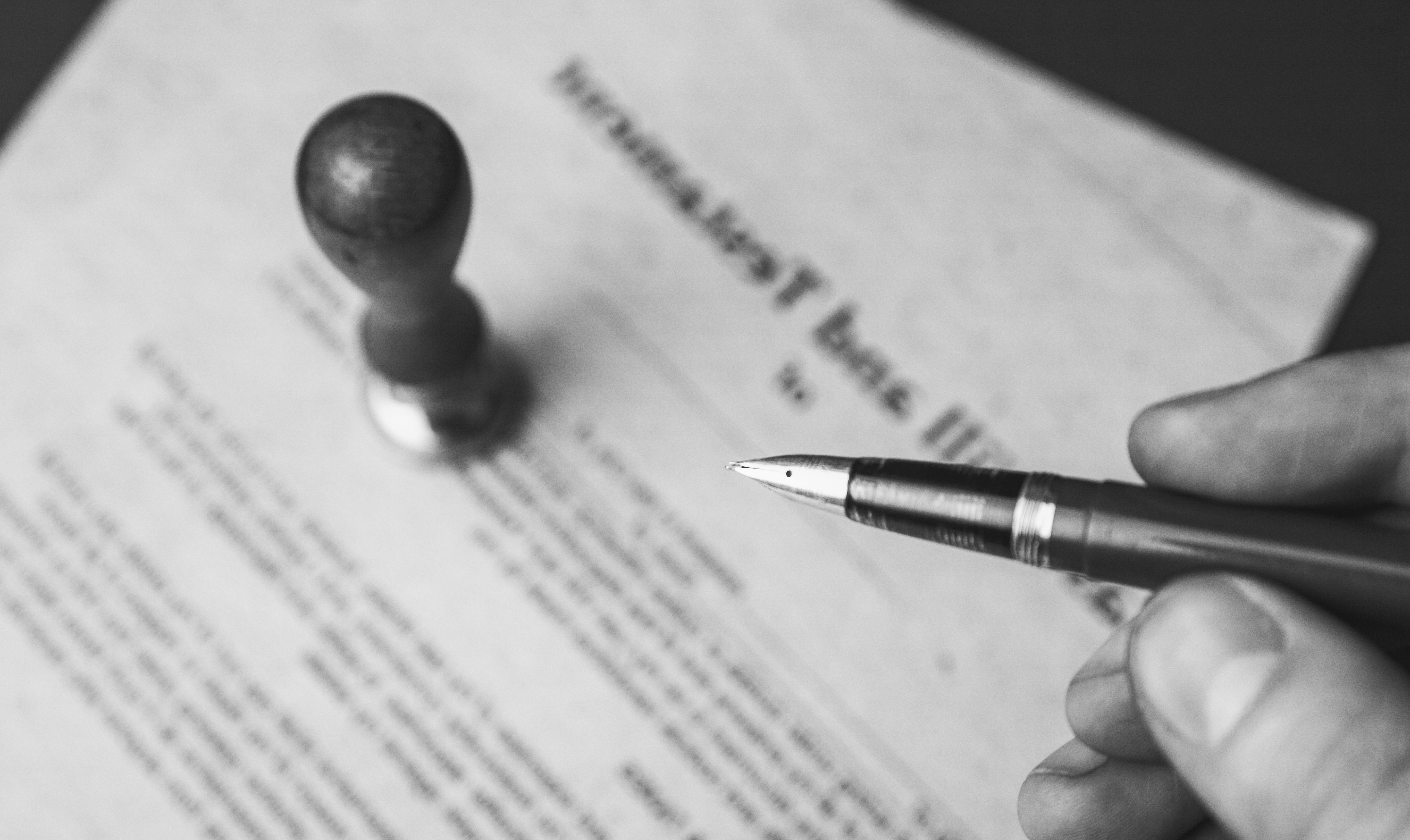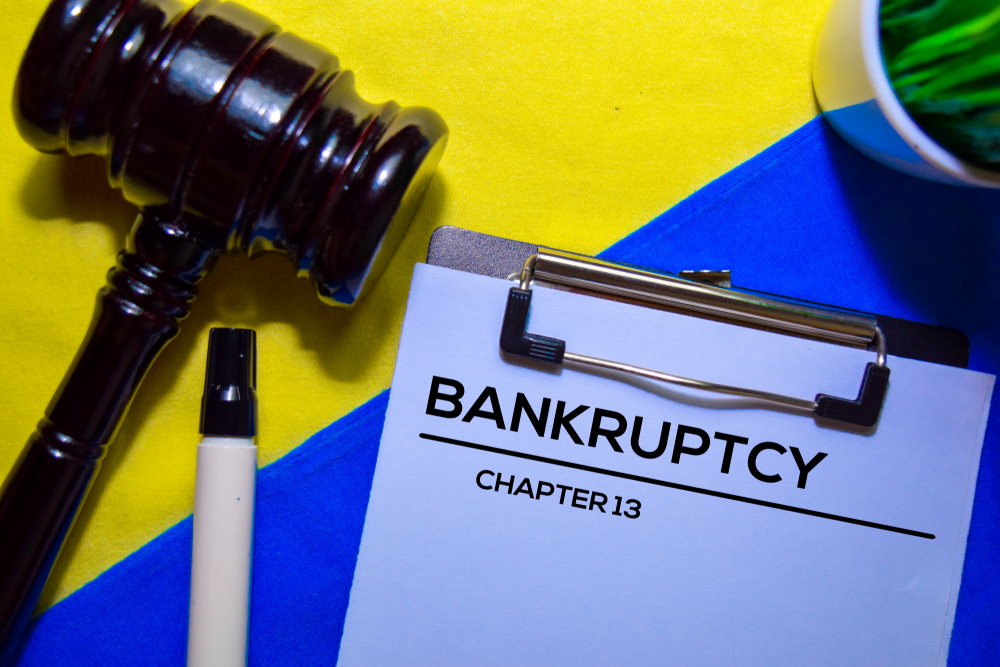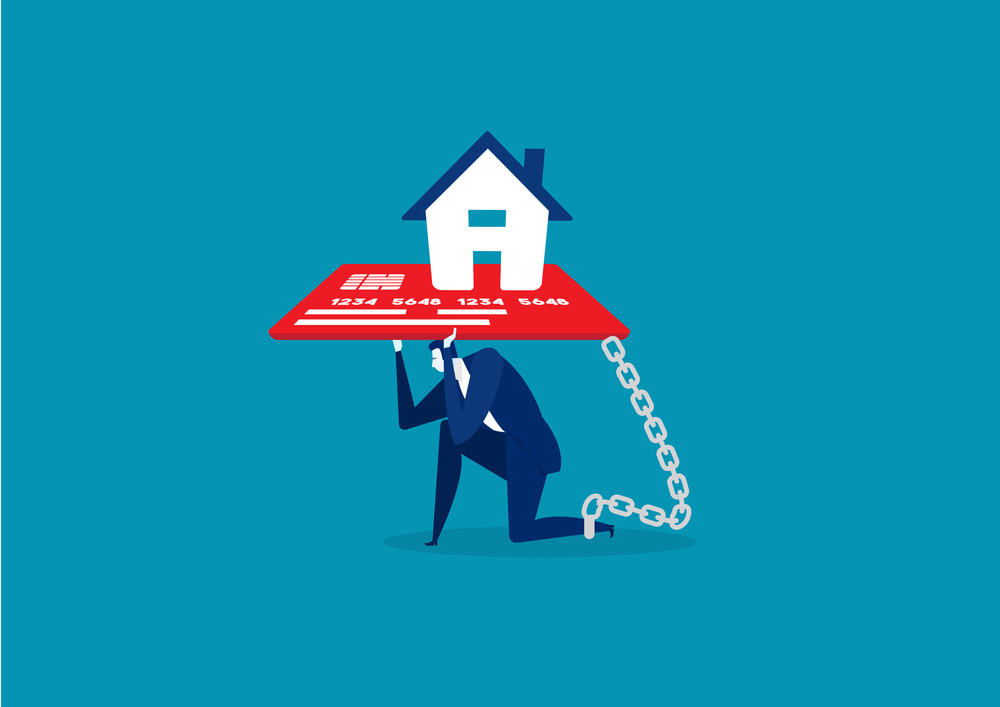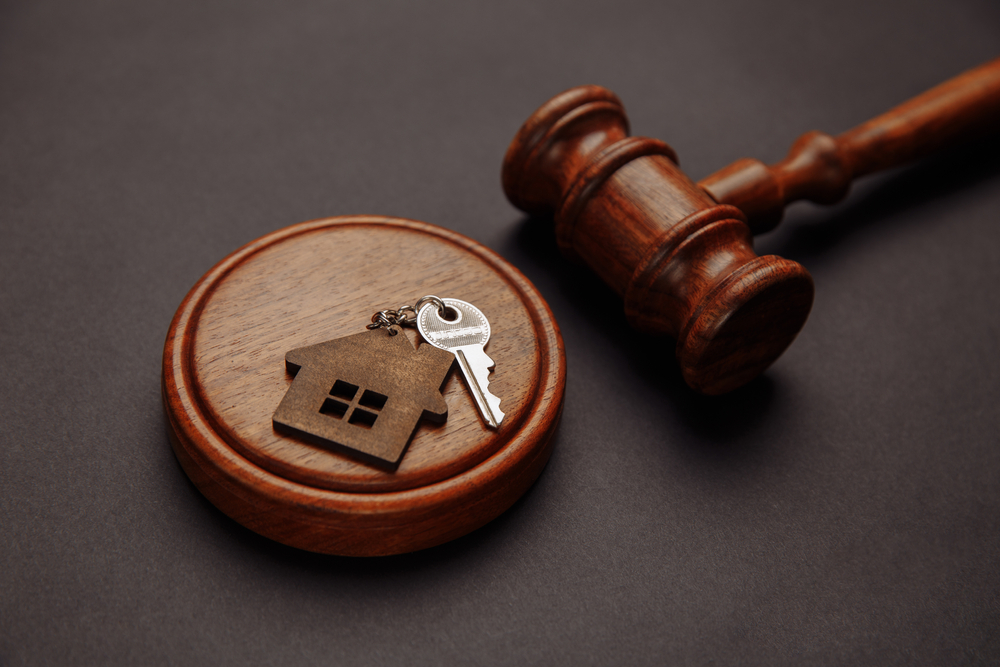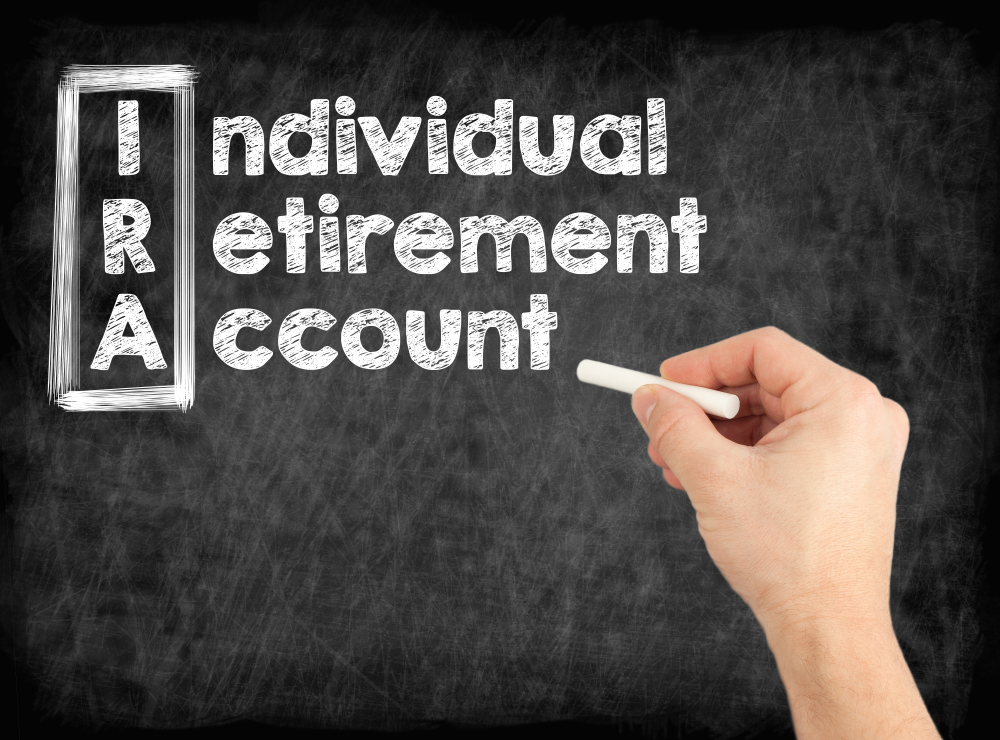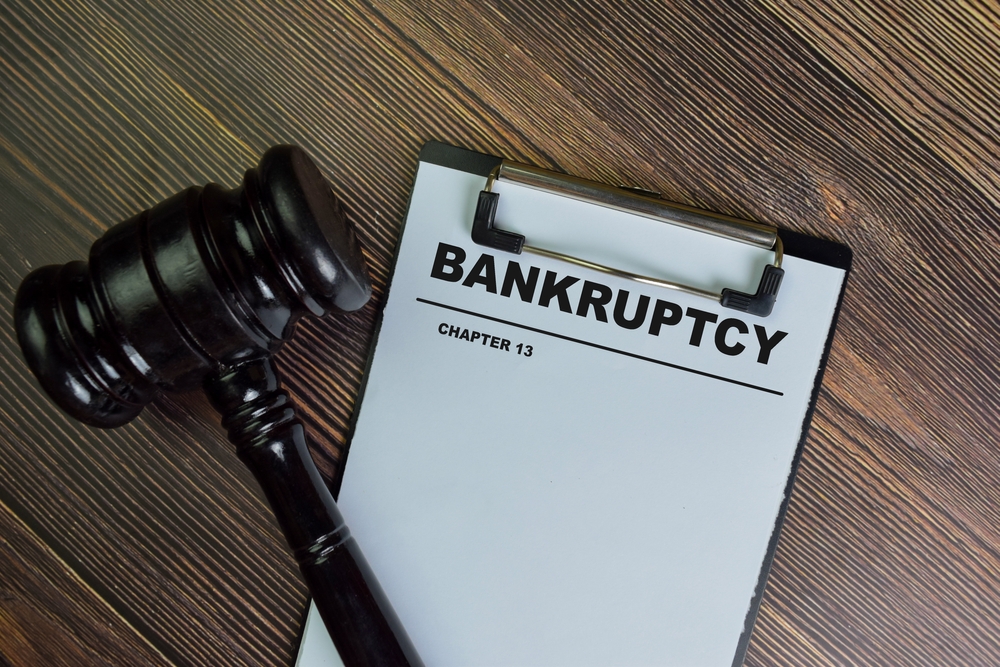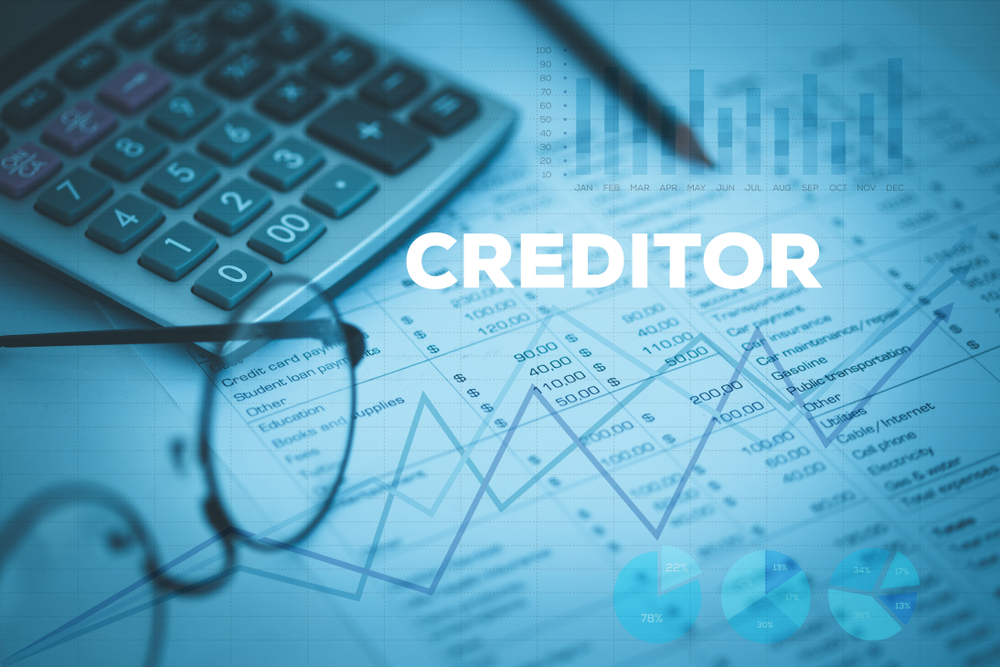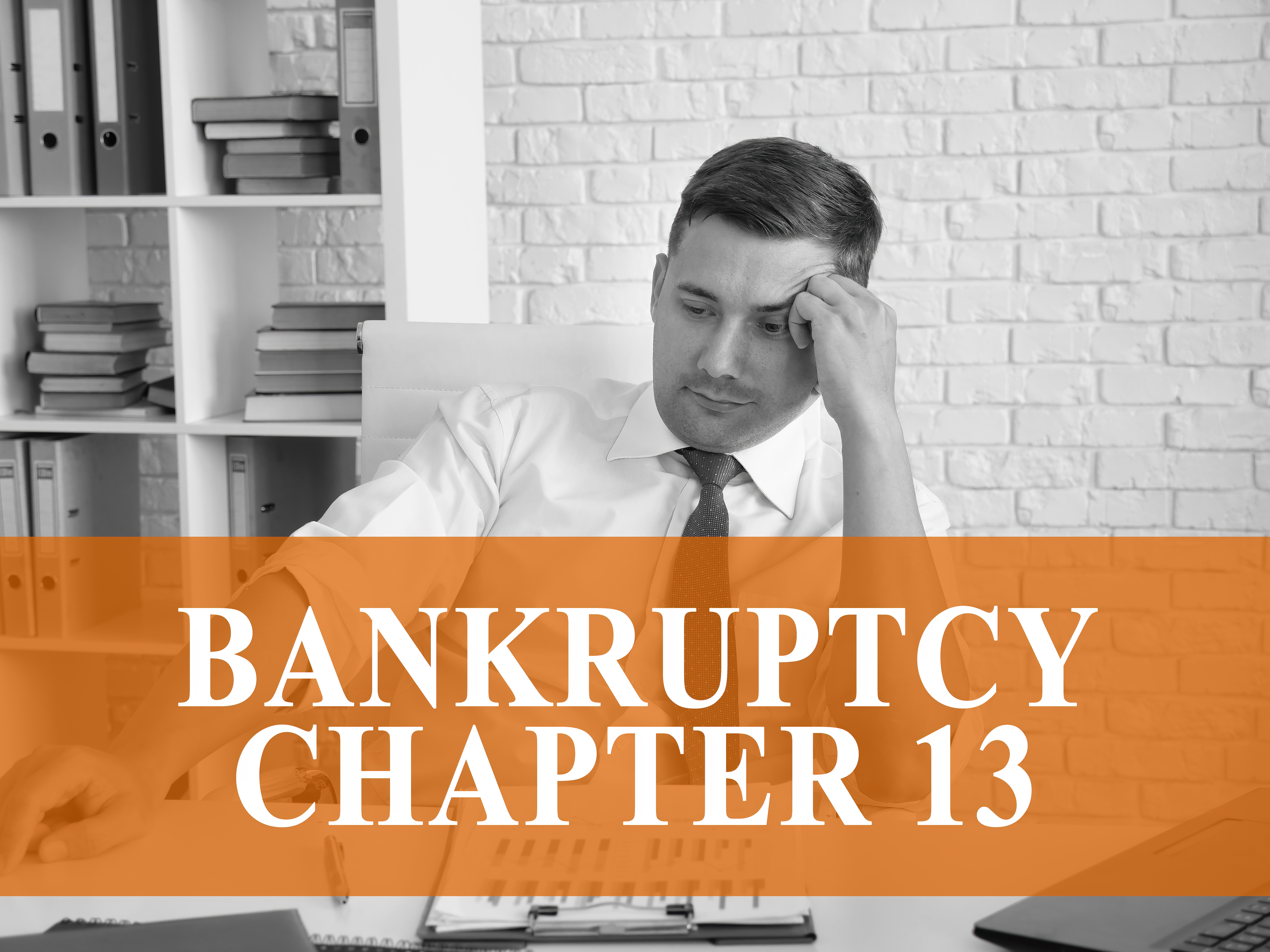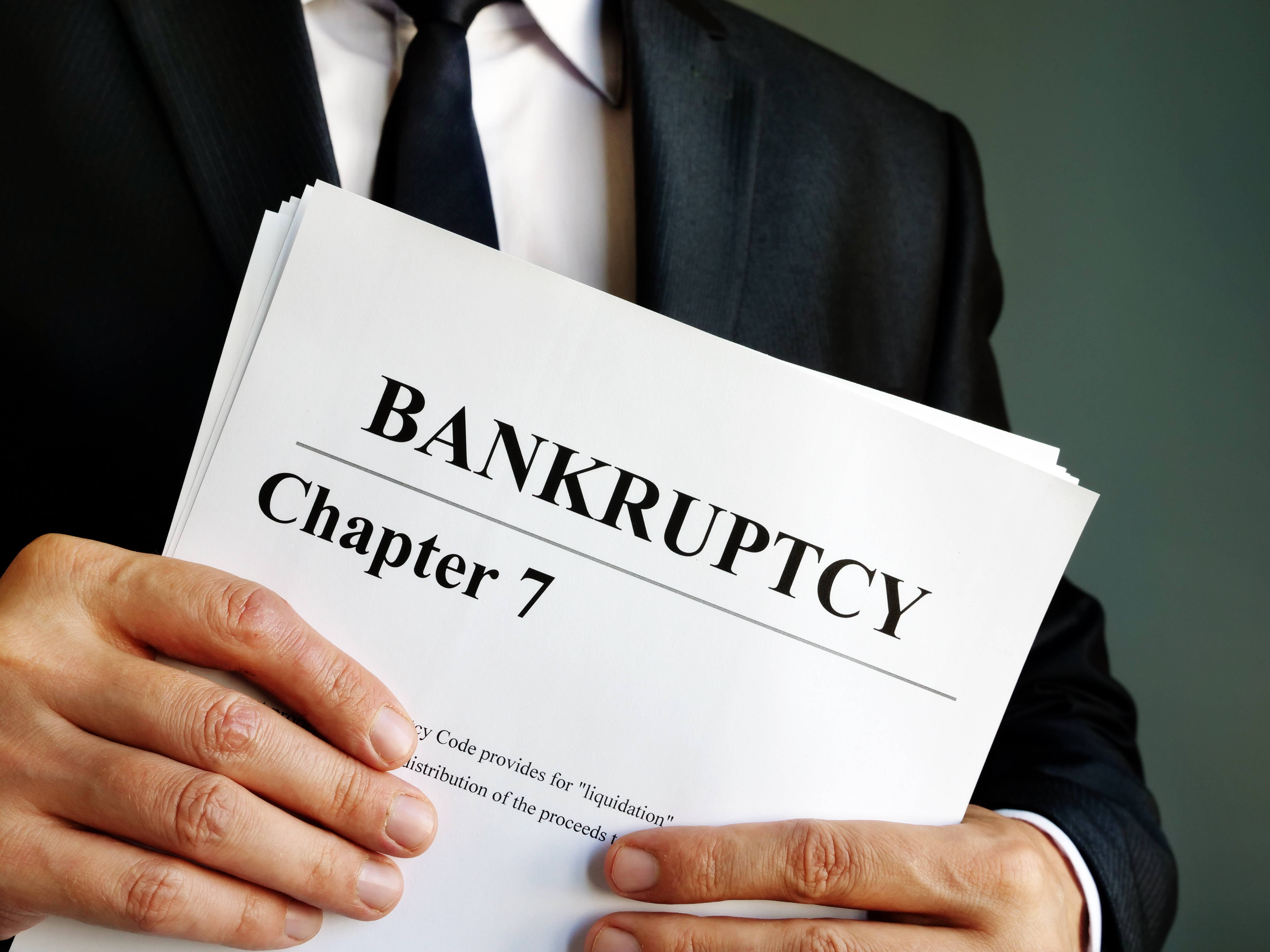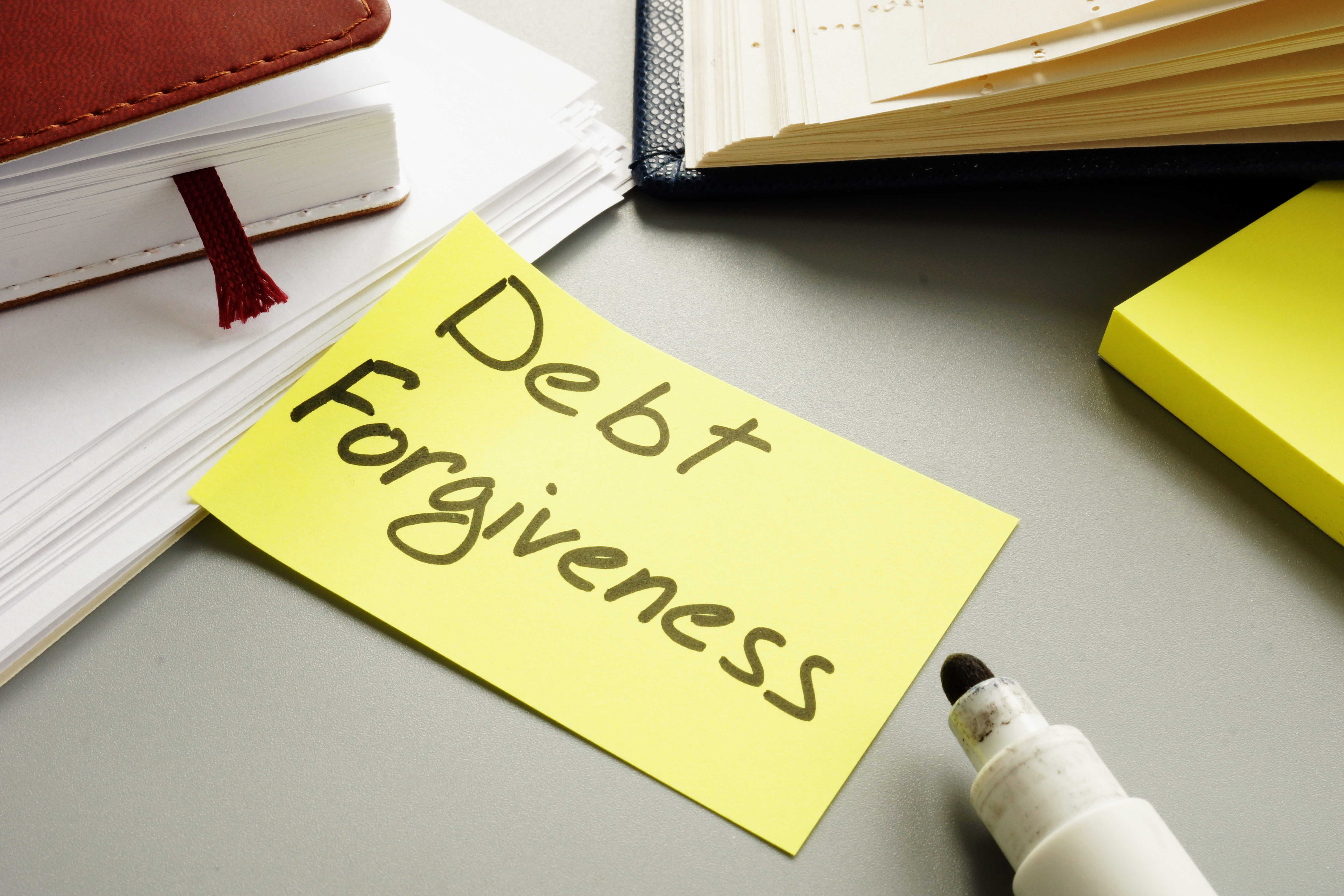There is a process and procedure for serving defendants and initiating a lawsuit. Plaintiffs do have to follow the correct procedures for proper service. Some individuals are successfully sued and a judgment is awarded to the plaintiff without any knowledge by the defendant. The defendant only becomes aware of the judgment when the creditor begins to enforce the judgment through a bank levy or a garnishment. The question I receive from debtors is: how can they vacate or remove the judgment because they were not properly served with the lawsuit.
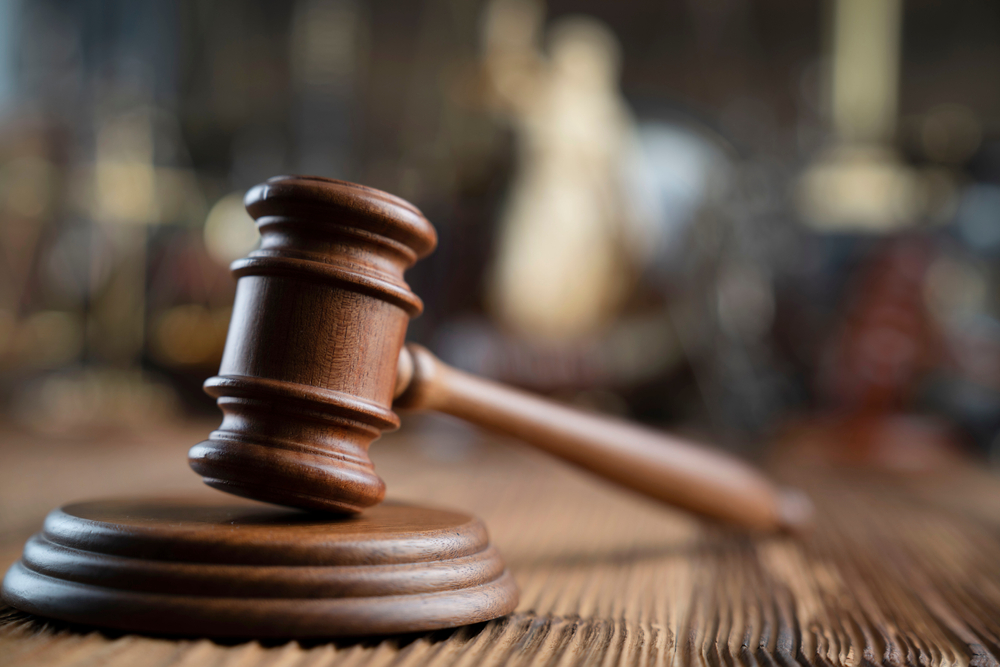
I Just Found Out I Have a Judgment
There is a process and procedure for serving defendants and initiating a lawsuit. Plaintiffs do...


